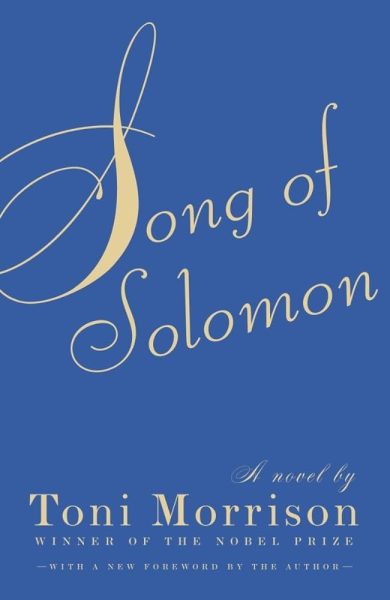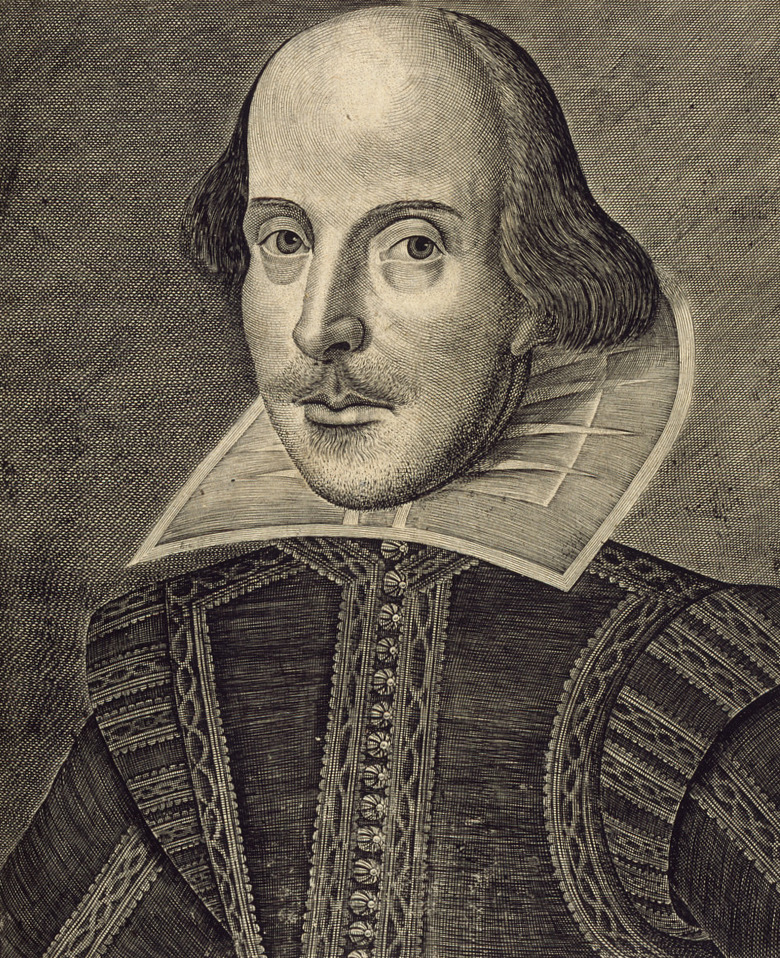My mom has always told me, “If you want to be a good writer, you have to read”. She is both an exceptional writer and an avid reader, so I don’t doubt that her sentiment is correct – even so, I’m picky with my reading. If a book doesn’t capture my interest quickly, it won’t capture my interest at all. Historically, this has made assigned reading incredibly unappealing for me, except for those moments when books caught my attention and caught it fast. Many of these books were over the course of my FSS high school experience, so I wanted to shout-out my favorites.
I have a few honorable mentions to start with, given how many books I’ve gotten to read over the past four years. These books didn’t make the top three, but they are great stories in their own right.
- Elie Weisel’s Night (Peace and Social Justice)
- Sandra Cisneros’s The House on Mango Street (English 9)
- Zora Neale Hurston’s Their Eyes Were Watching God and Arthur Miller’s The Crucible (English 11)
These books were all enjoyable, all important to their time period and subjects, and all very well applied to the classes in which we read them. I would be doing a disservice to the Upper School syllabuses if I ignored them. That being said, there are a few books that really stood out above the rest for me. Here are the top 3 books from my FSS Upper-School experience.
3) William Shakespeare’s Macbeth

Though any play is meant to be watched rather than read, Macbeth is an analytically rich and immersive text. The story grapples with themes of power, morality, and sanity, as the sadistic Macbeths claw their way to the top of the royal food chain. In Suzanne Morrison’s Tenth Grade English class, students read the Folger Shakespeare Library edition of the book; for those who struggle with Shakespearean language, this version does a great job of intricately translating words and phrases, while also providing plot summaries before each scene and act.
I personally enjoyed this text because of how much there is to pick apart. The story is action-packed, psychological, and an effective catalyst for discussions of ethics. In comparison to many other Shakespeare plays, Macbeth feels easy and exciting to follow.
Though I considered ranking it higher, I was dissuaded by the simple fact that some people just don’t like Shakespeare (and, even though I would argue that Macbeth is the best of William’s works, it is not for everyone). If you are an incoming sophomore, I would recommend keeping an open mind about the play. If you can look past Elizabethan English, you may be surprised by how fun the story really is.
2) Toni Morrison’s Song of Solomon
 Toni Morrison was too clever for the world around her, and that is why her books are so masterful. Song of Solomon discusses themes of legacy, memory, race and society, and the power of names. Milkman, our protagonist, embarks on a hero’s journey to connect pieces of his ancestry and to make sense of his own identity. Morrison takes influence from African Folklore and uses that inspiration as the main imagery for the book. Song of Solomon is a meticulous, seminal puzzle.
Toni Morrison was too clever for the world around her, and that is why her books are so masterful. Song of Solomon discusses themes of legacy, memory, race and society, and the power of names. Milkman, our protagonist, embarks on a hero’s journey to connect pieces of his ancestry and to make sense of his own identity. Morrison takes influence from African Folklore and uses that inspiration as the main imagery for the book. Song of Solomon is a meticulous, seminal puzzle.
I read Morrison’s Beloved a few years back and loved it, so I was predisposed to enjoy anything else she wrote. That being said, a good book needs a good teacher to do it justice. Song of Solomon is not a part of the mandatory English curriculum, but rather a part of the syllabus for Magical Realism, Matthew Rosen’s elective. Matthew is an attentive and passionate teacher who structures his lessons around the voices and opinions of his students. Each class, Matthew offered up a few focused, subjective prompts about the homework chapters, and then allowed us to share our thoughts and predictions thoroughly and without judgment. (My advice to incoming juniors and seniors: take an elective with Matthew. I am so grateful that I did.)
I have no real criticisms of the plot or writing of the novel. If you enjoy enigmatic books, magical realism as a genre, or simply really amazing writing, you’ll like this one. Either way, I would recommend giving it a try, as it is an important book as much as it is a good book.
1) F. Scott Fitzgerald’s The Great Gatsby
 The Roaring 20s saw a great deal of societal advancement and change, and The Great Gatsby encompasses all of it. The book covers themes of social class, public image, and deceit, as we follow protagonist Nick Carraway, a debatably reliable narrator. Nick recounts his friendship with Jay Gatsby, a local celebrity and social mystery on Long Island, NY. Gatsby is a frame story, further challenging how reliable Nick can really be, and leaving the reader asking questions at every turn. The book never fails to fascinate.
The Roaring 20s saw a great deal of societal advancement and change, and The Great Gatsby encompasses all of it. The book covers themes of social class, public image, and deceit, as we follow protagonist Nick Carraway, a debatably reliable narrator. Nick recounts his friendship with Jay Gatsby, a local celebrity and social mystery on Long Island, NY. Gatsby is a frame story, further challenging how reliable Nick can really be, and leaving the reader asking questions at every turn. The book never fails to fascinate.
Here comes some serious bias. In conversation with classmates during the Gatsby unit (in Miriam Rock’s Eleventh Grade English class), many people told me that they didn’t love the book. What makes the novel difficult to grapple with is how important the time period is for the context of the story; Gatsby is the literary representation of the American trajectory into modernism, and the characters are broken embodiments of the outdated American dream. These elements can make the book feel convoluted and pretentious, and I don’t blame anyone at all for feeling that way. All that being said, I am an irredeemable analytical nerd, and I think the book is pure genius.
For incoming juniors, Gatsby is more fun to discuss than it is to read. Miriam will explain everything you need to know in regards to the plot and the themes. Take advantage of the time in class to talk through the story, and, if you don’t love it, Miriam’s syllabus is packed with interesting books.






























